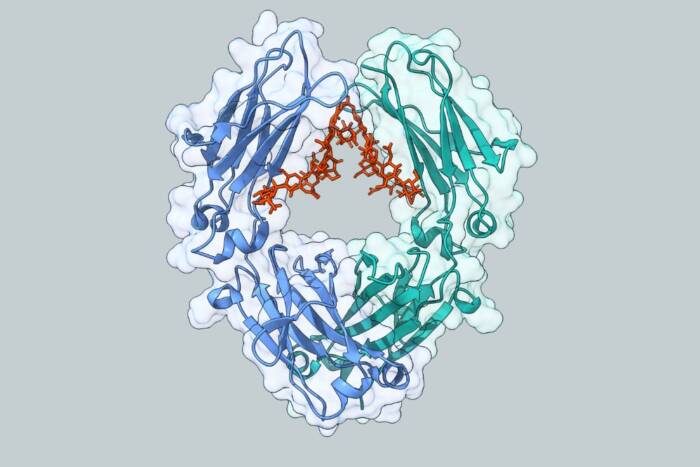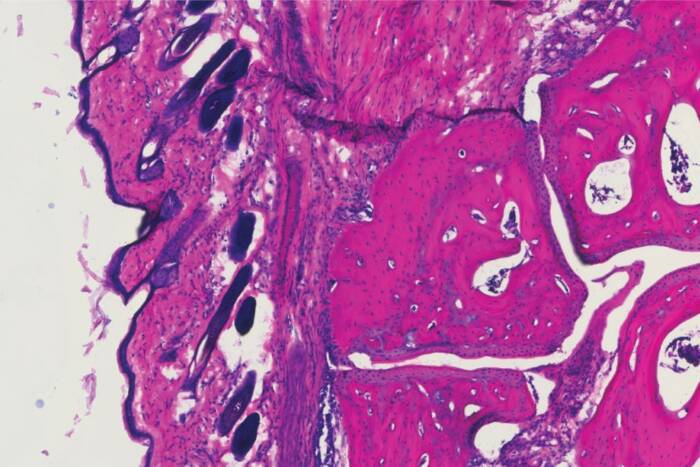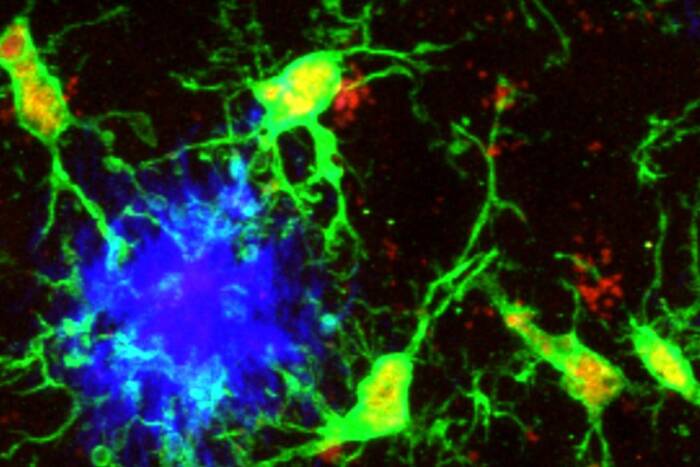Four postdocs honored with 2016 Tri-Institutional Breakout Awards
NEW YORK, NY—Four young life scientists from Memorial Sloan Kettering Cancer Center, The Rockefeller University, and Weill Cornell Medicine are the winners of the 2016 Tri-Institutional Breakout Awards for Junior Investigators. The awards, established last year by three winners of the 2013 Breakthrough Prize in Life Sciences(opens in new window), honor outstanding postdoctoral investigators at the three institutions. The recipients each receive a $25,000 prize.
The winners of this year’s Breakout Awards are: Nicholas Arpaia of Memorial Sloan Kettering, Richard Hite and John Maciejowski of Rockefeller, and Kate Meyer of Weill Cornell Medicine.
The seed money for the Breakout Awards came from three investigators — Charles L. Sawyers(opens in new window), M.D., of Memorial Sloan Kettering; Cori Bargmann, Ph.D., of Rockefeller; and Lewis C. Cantley, Ph.D., of Weill Cornell Medicine— who each received a $3 million award from the 2013 Breakthrough Prize. The three institutions have also contributed funds.
The awards are given annually to between three and six promising postdoctoral trainees, with one prize given to an applicant from each of the three institutions and additional awards made to the best candidates regardless of tri-institutional affiliation. A committee of faculty members from each of the institutions selects awardees based on their research accomplishments, the impact of their science, and the likelihood of their success as independent investigators. The contributing Breakthrough Prize recipients are not involved in the selection of the winning postdocs.
“I am continually impressed by the caliber of these investigators,” said Dr. Cantley, the Meyer Director of the Sandra and Edward Meyer Cancer Center and a professor of cancer biology in medicine at Weill Cornell Medicine. “They are innovators, risk takers, and architects of the next big breakthroughs. This award acknowledges their successes and provides them with some financial benefit at a key time in their careers.”
2016 BREAKOUT RECEIPIENTS
Nicholas Arpaia, Memorial Sloan Kettering Cancer Center
Arpaia(opens in new window) is a postdoctoral research fellow in the laboratory of Alexander Rudensky(opens in new window), chair of the Immunology Program(opens in new window) in the Sloan Kettering Institute(opens in new window). His research focuses on the role of regulatory T cells during infectious processes and the development of cancer. Throughout his research career, he has worked to understand how the immune system detects and responds to naturally occurring gut microbes and pathogenic bacteria. His findings have served to expand our understanding of the ways in which the immune system participates in tissue repair after infectious damage and have highlighted a potential role for these pathways during cancer development. His studies have made fundamental contributions toward understanding how pro- and anti-inflammatory immune responses to tissue damage are balanced and have broad implications for the treatment of infectious disease, cancer, and autoimmune disorders.
Richard Hite, The Rockefeller University
As a graduate student at Harvard Medical School, Hite used cryo-electron microscopy to visualize the interactions between lipids and membrane proteins at the atomic level. As a postdoctoral fellow in Roderick MacKinnon’s Laboratory of Molecular Neurobiology and Biophysics(opens in new window), Hite’s research focuses on the regulation of voltage- and ligand-gated potassium channels. Using biophysical and structural approaches, he was able to characterize the mechanisms by which ligands such as sodium, calcium, and lipids specifically bind to and regulate the activity of potassium channels that control excitability in the nervous system.
John Maciejowski, The Rockefeller University
As a postdoctoral fellow in Titia de Lange’s Laboratory for Cell Biology and Genetics(opens in new window), Maciejowski determined the fate of dicentric chromosomes, which can form as a consequence of telomere dysfunction and are thought to be major sources of genome instability. He has shown that dicentrics never break in mitosis, as was widely assumed, and instead develop into chromatin bridges that are fragmented by the nuclease TREX1. Maciejowski has also shown that telomere dysfunction can induce complex patterns of genome rearrangement that are observed in cancer, such as chromothripsis (chromosome shattering) and kataegis (clustered hypermutation). Maciejowski received his Ph.D. from Memorial Sloan Kettering, where he focused on the mechanisms that maintain high-fidelity chromosome segregation during mitosis.
Kate Meyer, Weill Cornell Medicine
As a postdoctoral fellow in the lab of Samie Jaffrey(opens in new window), professor of pharmacology at Weill Cornell Medicine, Meyer investigates how RNA modifications regulate gene expression. RNAs were for many years thought to be primarily composed of four chemical building blocks: A, G, C, and U. Together, these four RNA bases generate a code that instructs the cell’s machinery to produce proteins; the precise order of the letters determines what kinds of proteins the cell makes. Meyer’s research has demonstrated the existence of a fifth base, revealing thousands of cellular RNAs that contain it and illuminating a whole new layer of RNA regulation. This new base, called m6A, can control gene expression during the cellular stress response, a pathway that has been implicated in many human diseases. In her new laboratory at Duke University, Meyer plans to continue researching the fundamental aspects of gene expression control mediated through RNA modifications, with a particular emphasis on understanding how these pathways act in the nervous system.


